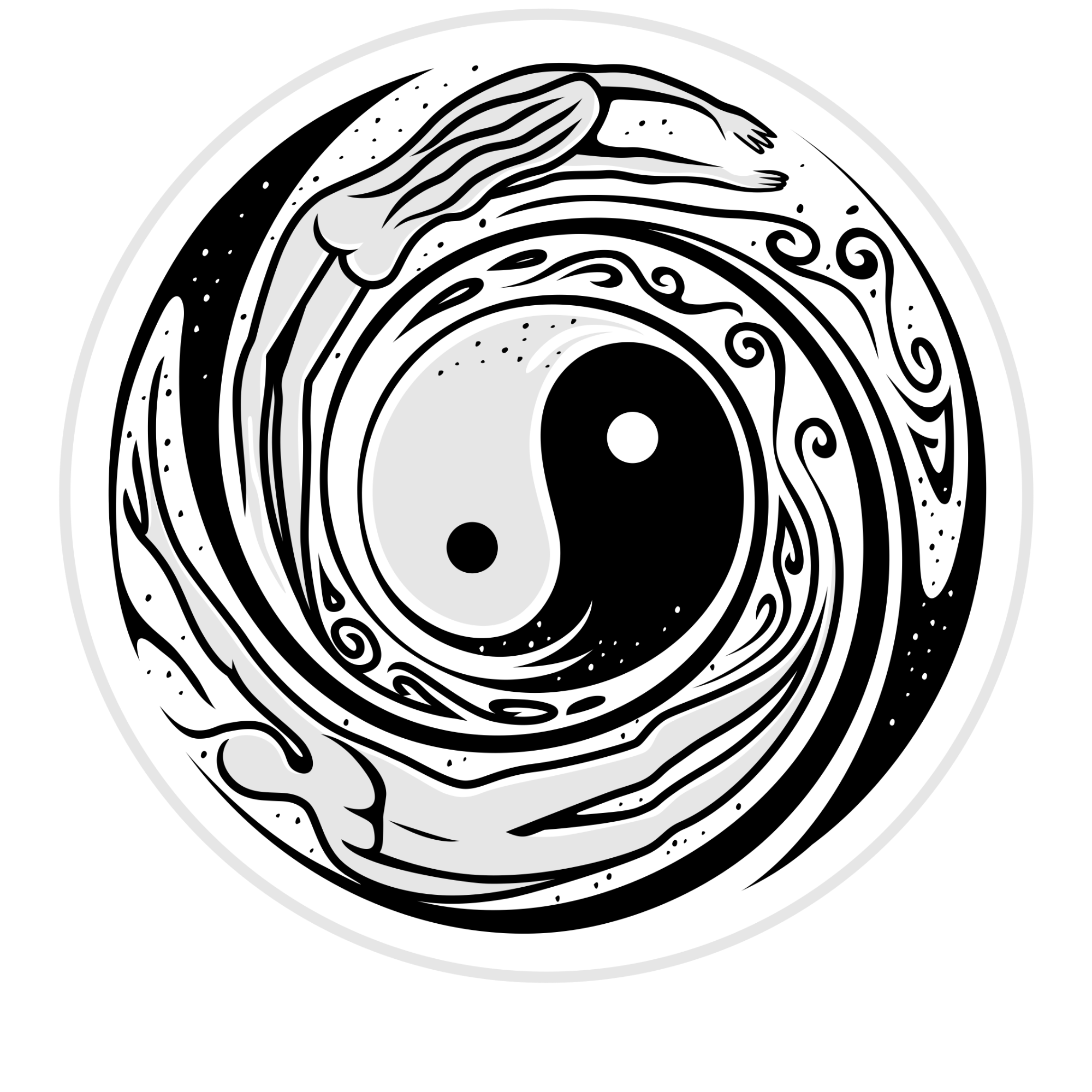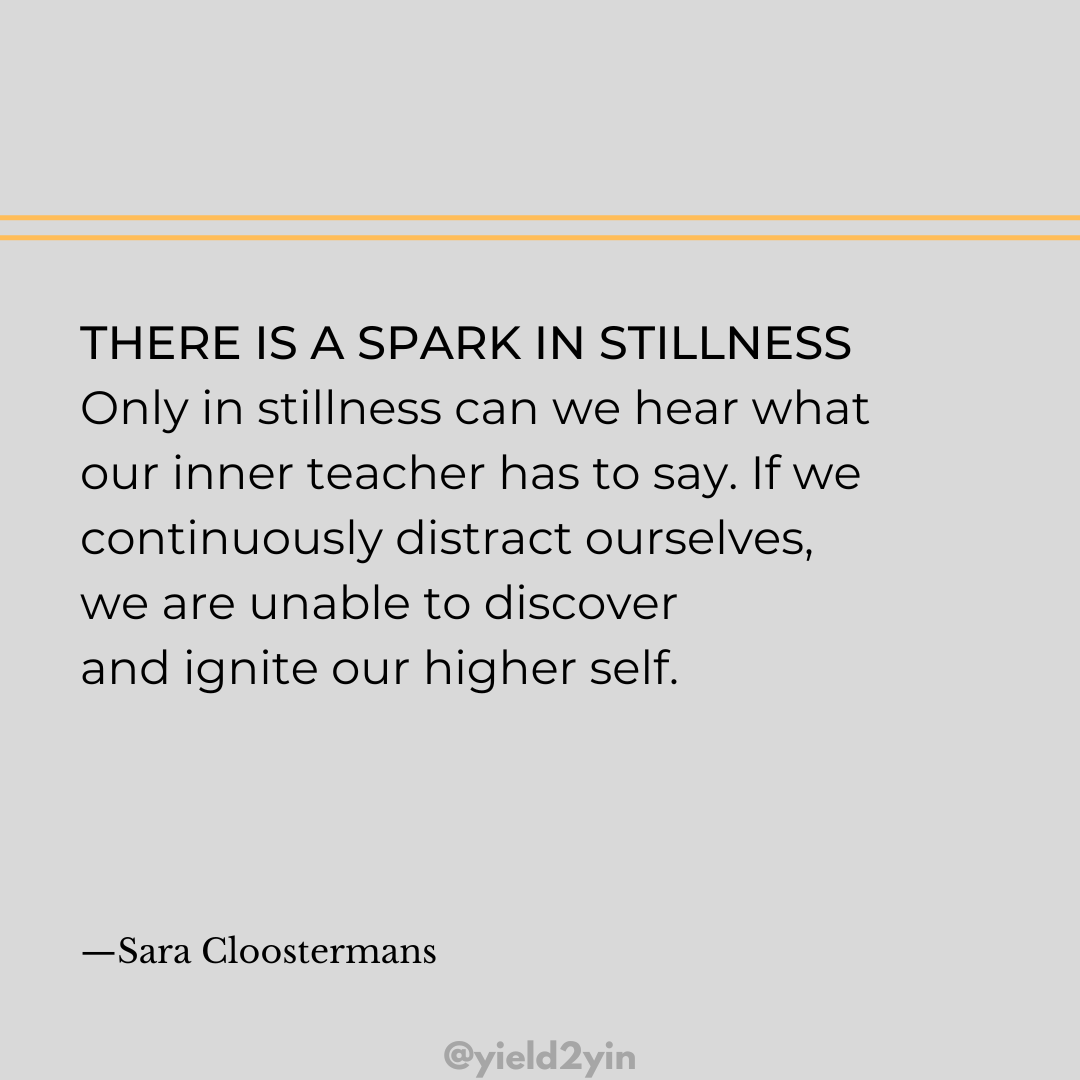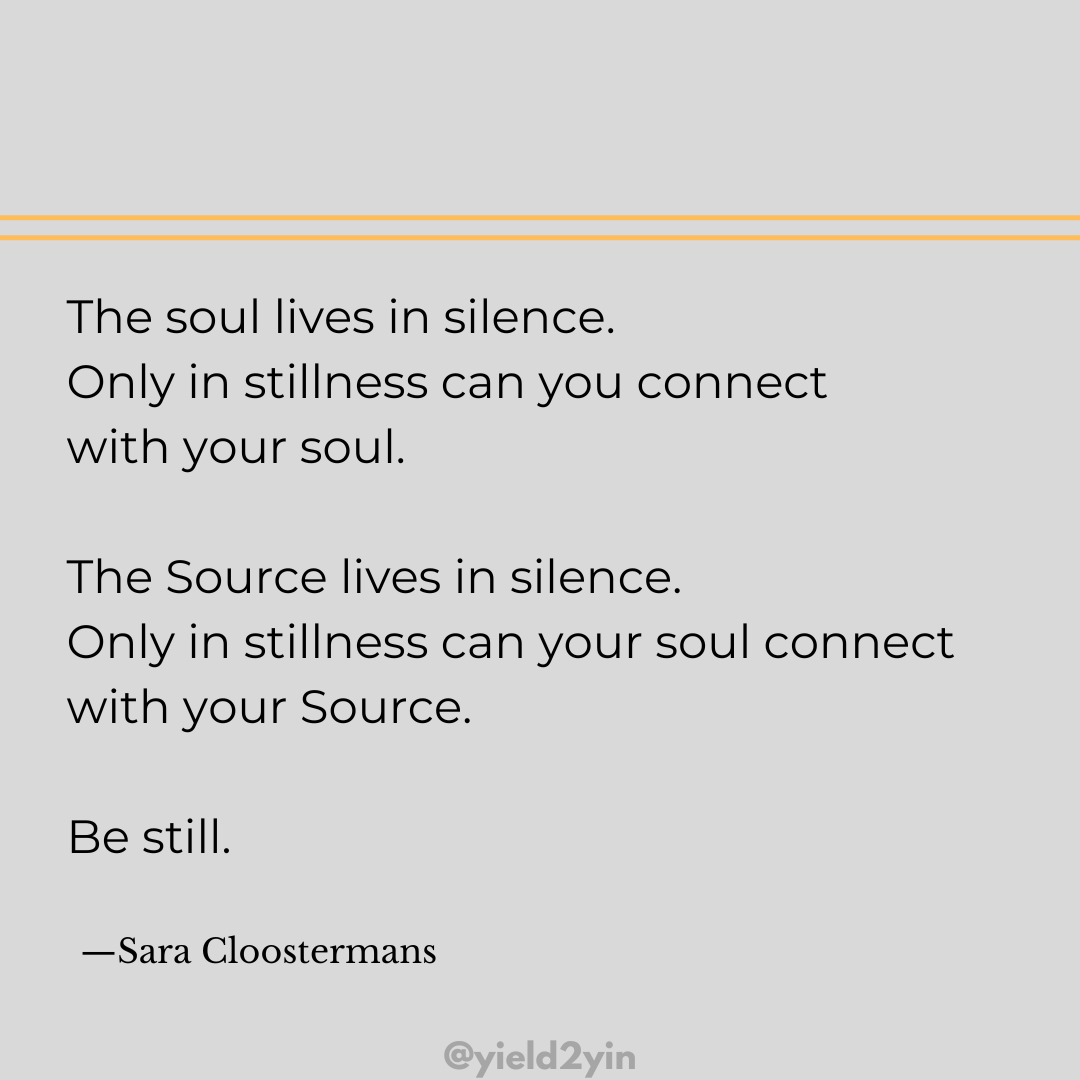As a culture, we tend to put the emotional and the rational into two separate boxes and keep them miles apart.
“She can’t lead this company; she’s too emotional.”
“He can’t comfort his crying kids; he’s a ‘facts and figures’ kind of guy.”
Not only do we separate them entirely, but we also place them in a hierarchy.
Logic and reason are placed above feelings and intuition time and time again. When people display emotion, we categorize them as hysterical, hyper-sensitive, weak. When emotions are hidden, we applaud people as being “so strong.” We still put a higher value on physical body care than mental health care.
Do you know what this separateness and hierarchy does? It makes emotions confusing for people. Because the truth is … OF COURSE you will have emotions. You’re a person. So, where is their proper place? How much is enough but not too much? Are they the enemy of rationality?
At our best, these forces will not be at war with each other, but harmonize with and ultimately strengthen one another. One is not more important than the other. How we respond to them and how we balance them is where the magic happens. Going too far in either extreme can lead to suffering.
- When we downplay our emotions, stuff them, and don’t listen to them, we are in trouble.
- When we overplay our emotions, ceaselessly live in them, and feel trapped by them, we are also in trouble.
So, how do we honor our emotions without living perpetually on an emotional rollercoaster? How do we find emotional balance?
Emotions: “Data, Not Directives”
In her book Emotional Agility: Get Unstuck, Embrace Change, and Thrive in Work and Life, psychologist Susan David writes: “Emotions are data, they are not directives.”
Author Lysa TerKerust said something similar in her book Unglued: Making Wise Choices in the Midst of Raw Emotions. “Feelings are indicators, not dictators.”
What both women are saying is when we ignore emotions, we lose their power as data or indicators. We miss out on what they are telling us about our lives. They’re giving us clues.
And when we are consumed by emotions, and we believe they are dictators giving us directives we have no choice but to follow. We don’t balance them with what lived experience has taught us over the years.
Instead, we could:
- Notice our emotions
- Accept our emotions
- Allow ourselves to feel those emotions
- Introduce the emotions to rationality, logic, wisdom, and facts
- Take the next step in balance
Here’s an everyday example:
You’ve done an amazing job at building your career. You’ve done it by hustling nonstop, working 70+ hours a week. It paid off. You’re making a ton of money, you’ve earned the respect of your peers, and your future is bright. So, all is amazing except for one big problem:
You are burnt out. Depressed and anxious, exhausted, and hanging on by a thread. You’re feeling a lot of emotions: anger, sadness, emptiness, resentment, hate, dread, self-loathing. You don’t think you even like your job, or maybe it’s just that you don’t like it the way it is, but you’re too frazzled to figure it out.
Harmonizing Emotions with Rationality
To continue with this example, you can do one of three things:
1. You can ignore these emotions completely
The denial method. You can say “too bad” to the feelings you’re having and push through anyway. More money and more success will bring more security, and eventually, you will get enough security that you can rest, right? Force, force, force. The result? Likely a mental breakdown, or the end of important relationships.
Thought: “I feel really angry and sad that I’m working all weekend again. But only losers feel that way. If I push through I will be a winner. No pain, no gain.”
2. You can become a slave to these emotions
The frenzy method. You could become consumed to the point of not getting out of bed, feeling like the entire world is against you. On the other hand, you could throw all caution to the wind and make rash decisions based on fear and dysregulation. The result? Also likely a mental breakdown or the end of important relationships.
Thought: “I feel really angry and sad that I’m working all weekend again. I will always feel this way. There’s no way out. I should have never taken this job. I’m so stupid. It’s really my boss’s fault, so I’m going to quit right now—that’ll show him.”
3. You can pay attention to these emotions, and introduce them to your inner-wisdom
The balanced method. You can let these emotions guide you to the truth of your situation and the changes you’ll need to make. You can view them through the lens of your rational mind, rooted in wisdom.
Thought: “I feel really angry and sad that I’m working all weekend again. But it’s okay to feel angry about this; after all, I’m exhausted and missing out on other important aspects of my life. I wonder what I can do to have more free weekends?”
In the third scenario, you are using your emotions as information (data, indicators) that something is off and you’d like to change it so your life feels more aligned. You could then tap into your rational, wise mind and come up with concrete alternatives, like:
- Taking a sabbatical, or vacation time/sick time to recalibrate
- Talking with your boss about a reduced work week for space to rest and reset
- Figuring out what tasks don’t truly need your control and can be delegated
- Looking for a new job in your field, related to your field, or outside your field
- Finding ways to add playfulness, creativity, and deep rest into your weekly routine to balance out the work hustle
Tips For Finding Emotional Balance
Moving from dysregulation (in either direction—extreme denial to extreme feeling) to regulated, balanced emotions may not feel good at the moment.
After all, there’s something almost satisfying about giving into emotional dysregulation…for a short while. Your strong emotions make you feel sort of vindicated. Wallowing feels like reassurance. On the opposite side in avoidance, there’s momentary satisfaction in stuffing: you don’t have to feel immediate pain.
Finding emotional balance will take change, and change can be hard. But denying your emotions (avoidance) or being ruled by your emotions (attachment) in the long-term can be catastrophically painful.
True satisfaction comes from accepting emotion, leaning into your rational mind, and harmonizing the two. Then, you’ll find that healthy emotions sharpen the rational mind, and that wisdom then solidifies your emotional balance. It’s a positive cycle.
How To Welcome Emotions
Here are some things to welcome your emotions as helpful information. These are good for those avoiding emotion.
- Practice identifying emotions: Next time you feel an emotion pop up and you want to shove it back down, take one moment to identify it. “I feel ashamed” or “I feel bored.” Do this with positive emotions too. “I feel safe” or “I feel grateful.”
- Practice journaling: Setting aside a few minutes to write about things that have happened, things you want to happen, and what you think about it all can be a great place to let emotions come out in a space that feels safe.
- Learn mindfulness techniques: Mindfulness is all about teaching us how to be in the here-and-now, which includes feeling. For example, simple tasks like breathing, or noticing the nature around you can help you tune into what you are experiencing moment by moment. Find more mindfulness techniques HERE.
How To Regulate Emotions
Here are things to do to regulate heightened, overwhelming emotions in the present moment. These tips are good for those feeling attached to their emotions:
- Practice grounding exercises: Grounding techniques help you detach from emotional pain by helping you focus on the external world instead of the internal world. I have a list of grounding techniques available HERE.
- Practice yin or restorative yoga: Studies show us just how much yoga can improve mood and brain function. Yin and restorative yoga give your body benefits of movement while intentionally focusing on calmness, grounding, etc.
- Learn DBT techniques: Dialectical Behavior Therapy (DBT) focuses on distress tolerance for heightened emotions. Things like a temperature shock from a cold shower or intense exercise can help you move out of the emotions and back into your body. Find more DBT techniques HERE.
If finding emotional balance is often hard for you, seeking the help of a therapist will be your best bet.
Above all, remember: the feeling part of your being is just as important as the logical, analytical, and rational side. The place of balance between the two is the place of peace.
Yield2Yin
- Healing Card Deck: A Therapist’s Advice 55-Card Healing Deck by Sara Cloostermans
- Book Recommendation: Emotional Agility: Get Unstuck, Embrace Change, and Thrive in Work and Life by Susan David
- Mantra: I AM EQUANIMITY // repeat with diaphragmatic breathing
- Yin Yoga Asana: Happy Baby pose
This page includes Amazon Associate affiliate links, which means I may earn a small commission at no cost to you if you purchase a product I suggest. I only recommend products I believe in. Learn more HERE.







